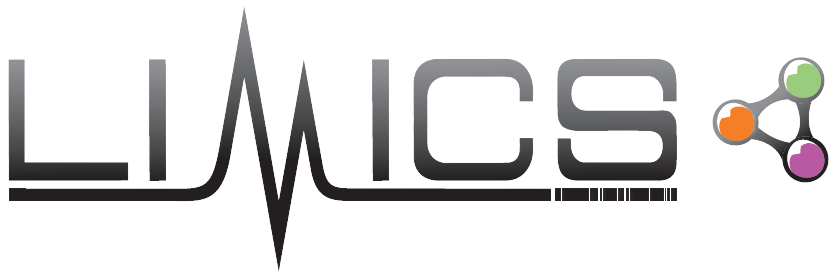2019 – 2023
Funded by ANR
The existence of drug interactions in prescriptions is a risk for the patient and a reflection of improvable practices. These problems have already been quantified by studies on health care data. Nevertheless, to be credible and reproducible, these studies must have a rigorous methodology. Indeed, the way to look for drug interactions, the reference systems used, the available data (dosage, patient context …), will have an influence on the counting of these interactions, because some of them can be detected wrongly (false positives), and others can be omitted (false negatives).
The objective of the ReMIAMes project is to propose a methodological framework to validly and reproducibly measure the frequency of drug interactions in the prescriptions found in health data warehouses and to quantify the potential error in measuring this frequency according to the available data and their extraction methods.
The ReMIAMes project brings together skills in knowledge engineering, automatic language processing, data mining, epidemiology, pharmacy, data warehouse via 2 research laboratories (LIMICS and LTSI Massive Data Project Team) and 3 teaching hospitals (TH)( Rouen, Rennes and Paris).
It will lead to the development of a formal ontology of the interactions and their context of appearance, to the constitution of bases of rules allowing to detect an interaction and to check the completeness of the description of the cases presented to carry out this detection. Both ressources will be integrated into a decision support system whose reasoning relies on rules and subsumptions. The data from the different THs will be mapped to a pivot model that will be the input of the decision support system. The extraction and data standardization strategies implemented will be those giving the most plausibility to the data, and will be accompanied by quality indicators.
This project will result in ontological and terminological resources describing the interactions and their context and available under free license, a pivot model of interoperability whose description will enrich existing international models, guidelines for the extraction of data and measurement of their quality, and finally, an integrative platform to measure cases of drug interactions taking into account the assumptions concerning the quality and the completeness of the data provided.


